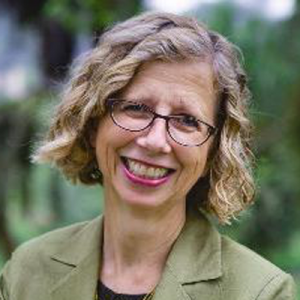Inger Andersen was appointed Executive Director of the United Nations Environment Programme by UN Secretary-General António Guterres in February 2019.
Between 2015 and 2019, Ms. Andersen was the Director General of the International Union for Conservation of Nature (IUCN).
Ms Andersen brings a passion for conservation and sustainable development with more than 30 years of experience in international development economics, environmental sustainability and policy-making, as well as in designing and implementing projects and generating on-the-ground impact. She has played a key role in supporting riparian countries on international water management and hydro diplomacy.
Prior to joining IUCN, Ms Andersen held various leadership roles at the World Bank and United Nations. Most recently, she was Vice President of the Middle East and North Africa at the World Bank, and previous to that Vice President for Sustainable Development and Head of the CGIAR Fund Council. Throughout Ms Andersen’s 15-year career at the World Bank, her managerial roles focused on water, environment, and sustainable development with special emphasis on Africa and the Middle East. Previous to the World Bank, Ms. Andersen worked at the United Nations for 12 years, starting in the UN Sudano-Sahelian Office working on drought and desertification issues, and was then appointed UNDP’s Water and Environment Coordinator for the Arab Region.
Ms Andersen’s educational background includes a BA from London Metropolitan University North and a MA degree from the School of Oriental and African Studies at the University of London with specialisation in development economics.



















